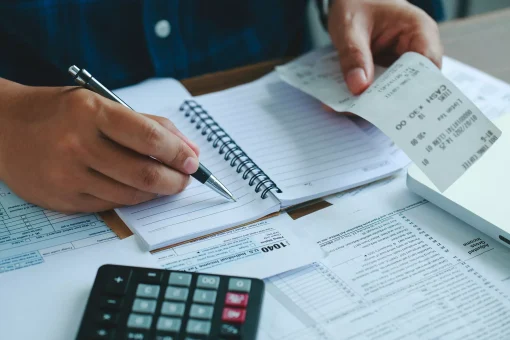 Some obligations are prioritized in bankruptcy, while others are secured against your property, like as your home or car, and some are not dischargeable. To protect yourself and your possessions, understand which debts fall into which categories.
Some obligations are prioritized in bankruptcy, while others are secured against your property, like as your home or car, and some are not dischargeable. To protect yourself and your possessions, understand which debts fall into which categories.
Many bankruptcy clients are hesitant to file bankruptcy because they are concerned about the kind or sorts of debts they have and what will happen to them if they do. As their bankruptcy attorney, I go over their case with them and explain the various sorts of debts, the impact of any collateralization, the priority nature of some obligations, and whether the debts are dischargeable.
Secured debts may be discharged, but proceed with caution
You may have been doing everything you could to keep up with your mortgage or car payments before considering bankruptcy. You may have decided that keeping your house for the sake of your family is the most important thing to you. Alternatively, you may feel the same way about your car due to a professional, family, or personal requirement.
You can keep your house and cars while still receiving a discharge under Chapter 7. Your debts are no longer legally your responsibility to repay. However, because they are secured loans, you must continue to make payments if you want to keep your property. You will receive your title free and clear once you have finished all payments, whether on the mortgage or on the car. While unsecured debts such as credit cards may not require payment, secured debts such as your home and automobile should be treated with caution. You still have to pay to play in certain ways.
Chapter 13 bankruptcy may include avoiding paying some creditors in order to pay your home or auto loan. Payments to the bankruptcy trustee are made on a monthly basis, and the amount varies based on your commitments and the categories of debt you owe. Depending on your discretionary income and the priority or kind of obligations you owe, the payment amounts may be reduced. Overall, if these obligations are your top priority, bankruptcy typically permits you to focus your limited financial resources on them.
Debts You Want to Pay Despite Being Discharged for Personal Reasons
Many customers are loyal to their creditors and wish to pay back their obligations. For instance, a credit union with which they’ve been dealing for a year or a family doctor for medical debt. This personal decision is made out of a sense of devotion and continuous service, not because it is mandated by law. Because they may refuse to provide service, certain creditors may demand you to pay the debt despite the discharge.
There are safe methods to repay a debt regardless of whether or not you file bankruptcy, and there are highly unsafe ways to do it. There are time limits on when you may and cannot repay, so speak with a bankruptcy attorney about your specific situation.
Non-dischargeable and priority debts
The statute establishes legal differences and/or priority among creditors, such as the Internal Revenue Service (IRS), state taxation authorities, support enforcement agencies, and student loan lenders. Some of these debts are not dischargeable in bankruptcy.
However, bankruptcy will typically assist you deal with even the most aggressive creditors and even non-dischargeable debts in the great majority of circumstances. After a Chapter 7 case is completed, it may be necessary to make fair payment arrangements. In a Chapter 13 case, it may be necessary to pay certain ” priority creditors ” before, or instead of, other creditors, while continuing to be protected by the bankruptcy court. In any case, bankruptcy usually offers you with a practical solution for dealing with your priority creditors and/or non-dischargeable obligations.
If you are facing bankruptcy, it is important to work with the right attorney. Contact Law Offices of Terrence Fantauzzi at (909) 552-1238 to learn more.
